Start from 120,000 RMB: 5-Seat Family SUVs with Fuel Consumption Under 5L/100km and Spacious Comfortable Rear Seats!
-
Manufacturer's Guide Price: 122,800 - 142,800 RMB
-
Wheelbase: 2825mm
-
Powertrain 1: 1.5L (70kW) + 170kW rear motor + 28.4kWh lithium iron phosphate battery
-
Powertrain 2: 170kW rear motor + 69.9kWh lithium iron phosphate battery
-
Powertrain 3: 220kW rear motor + 74.9kWh lithium iron phosphate battery
-
Pure Electric Range: 140 / 530 / 605km (CLTC)
-
Fuel Consumption at Low Battery: 5.89L/100km (WLTC)
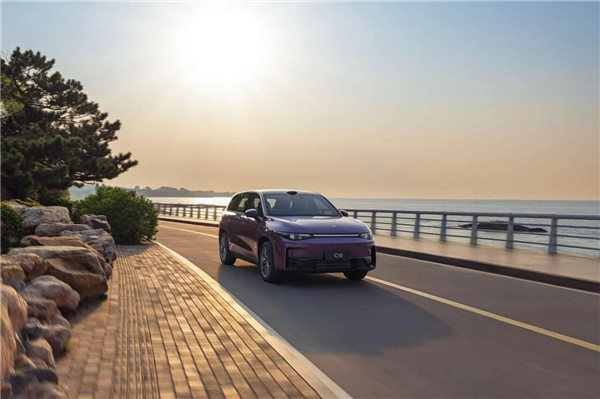
Leapmotor C10 is one of the best-selling hybrid (extended-range) SUVs. Its sales in August even surpassed BYD Song Pro DM-i, second only to the outstanding AITO M8. However, the C10 is much more affordable with a starting price of 122,800 RMB.
In essence, consumers' mainstream needs nowadays have become new energy, intelligence, and "color TVs, refrigerators, and big sofas"—represented by Li Auto's models.
The problem is that Li Auto's cheapest model costs at least 250,000 RMB, while the total price of all cars owned by 80% of Chinese families does not exceed 200,000 RMB. Li Auto is still relatively unaffordable for ordinary consumers. At this time, Leapmotor, known as the "half-price Li Auto," has become a cost-effective alternative.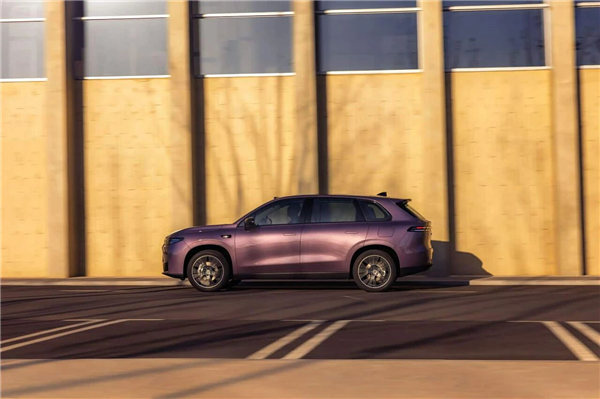
It should be noted, however, that the C10 does not have a car refrigerator or a rear ceiling entertainment screen. So it's not entirely accurate to say that Leapmotor sells so well purely because of "color TVs and refrigerators."
As for the "big sofa" experience, all Leapmotor C10 models require selecting an "all-inclusive package" to get front seat ventilation and heating functions. Of course, this optional package also includes 20-inch wheels, high-performance tires, steering wheel heating, through-type taillights, and other configurations. More importantly, there is currently a 5,000-8,000 RMB discount, which is almost like getting these features for free.
In terms of intelligent driving, the top-of-the-line extended-range version of the Leapmotor C10 costs only 132,800 RMB, upgraded with the Qualcomm Snapdragon 8650 intelligent driving chip and a 128-line lidar. However, it currently only supports highway intelligent driving.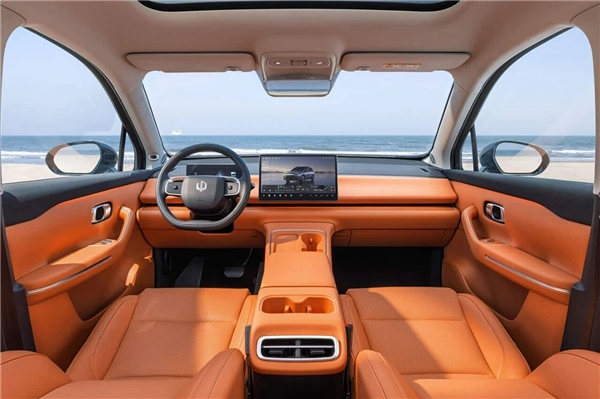
In addition, Leapmotor was previously criticized for mixing batteries from multiple suppliers, but now customers can basically choose their preferred battery supplier.
-
Manufacturer's Guide Price: 129,800 - 179,800 RMB
-
Wheelbase: 2905mm
-
Powertrain 1: 1.5L (98Ps 125N·m) + E-CVT + 165kW front motor + 21.5kWh lithium iron phosphate battery
-
Powertrain 2: 1.5L (98Ps 125N·m) + E-CVT + 165kW front motor + 31.7kWh lithium iron phosphate battery
-
Powertrain 3: 1.5T (150Ps 220N·m) + E-CVT + 165kW front motor + 31.7kWh lithium iron phosphate battery
-
Pure Electric Range: 145 / 215km (CLTC)
-
Fuel Consumption at Low Battery: 4.95 / 4.98 / 4.99L/100km (WLTC)
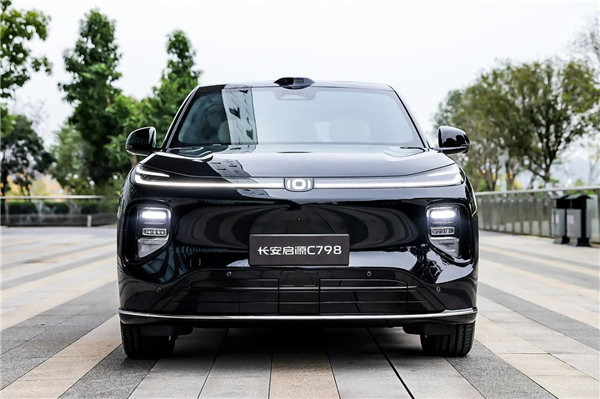
In terms of configuration and space, Changan Qiyuan models have always been among the most cost-effective options in their respective price ranges. For example, the Changan Qiyuan Q07 has a starting price of only 129,800 RMB, plus a 10,000 RMB manufacturer subsidy, resulting in an actual starting price of just 119,800 RMB.
In terms of size, the Q07's wheelbase reaches 2905mm, 55mm longer than the 7-seat Toyota Highlander. As a 5-seat vehicle, the interior space is extremely spacious.
Regarding the "big sofa" experience, the Q07 comes standard with electric front seat adjustment across the entire lineup. Adding 10,000 RMB to the entry-level configuration unlocks front seat heating, ventilation, and massage functions, with the passenger seat also featuring an electric leg rest.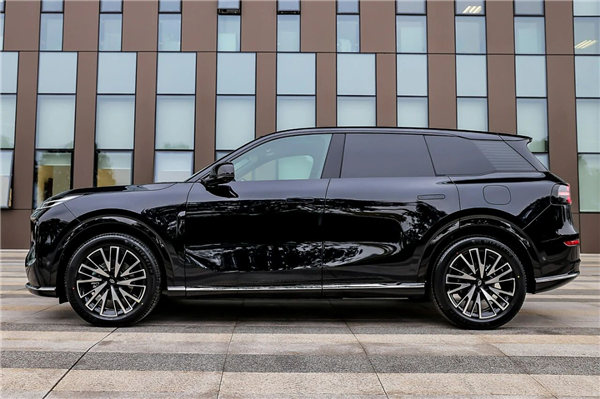
At this point, you might think the configuration is decent but not particularly outstanding. However, the 10,000 RMB upgrade not only enhances front seat comfort but also adds electric adjustment, heating, and ventilation functions to the rear seats—even a small table!
The only slight disappointment is that despite the extremely spacious interior, there is no car refrigerator.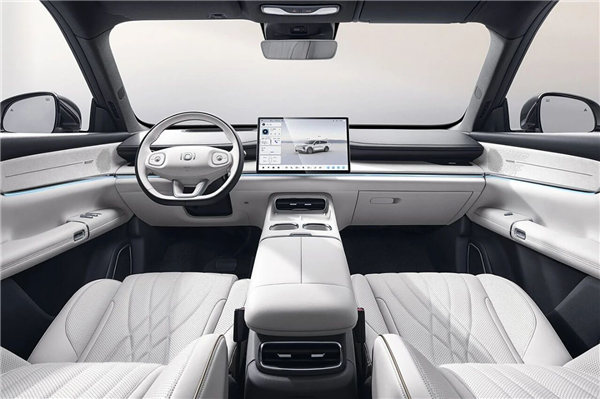
In terms of power, all models are equipped with a 165kW front single motor, but the engines are available in two options: a 98-horsepower 1.5L engine and a 150-horsepower 1.5T engine. For users in Southwest China who need to drive on long uphill roads, the 1.5L engine may struggle to maintain battery power, so the 1.5T version is recommended.
-
Manufacturer's Guide Price: 135,800 - 175,800 RMB
-
Wheelbase: 2782mm
-
Powertrain 1: 1.5L (101Ps 126N·m) + E-CVT + 165kW front motor + 12.9kWh lithium iron phosphate battery
-
Powertrain 2: 1.5L (101Ps 126N·m) + E-CVT + 165kW front motor + 18.3kWh lithium iron phosphate battery
-
Powertrain 3: 1.5L (101Ps 126N·m) + E-CVT + 165kW front motor + 26.6kWh lithium iron phosphate battery
-
Pure Electric Range: 75 / 122 / 160km (CLTC)
-
Fuel Consumption at Low Battery: 4.93 / 4.95 / 4.98L/100km (WLTC)
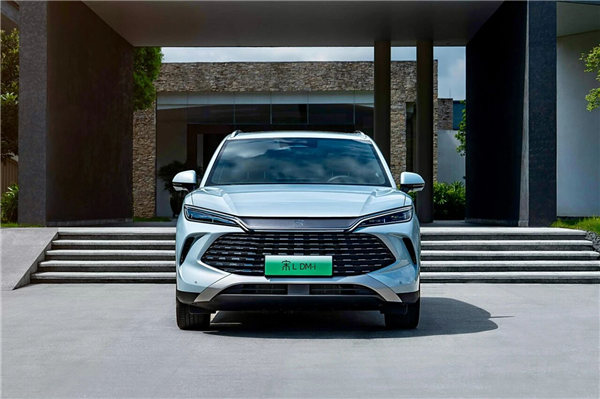
BYD Song L DM-i is also a best-selling hybrid SUV in the 120,000 RMB price range. Since March this year, its monthly sales have remained above 10,000 units. If you're hesitant about the Leapmotor C10's extended-range technology, this model is also an excellent choice.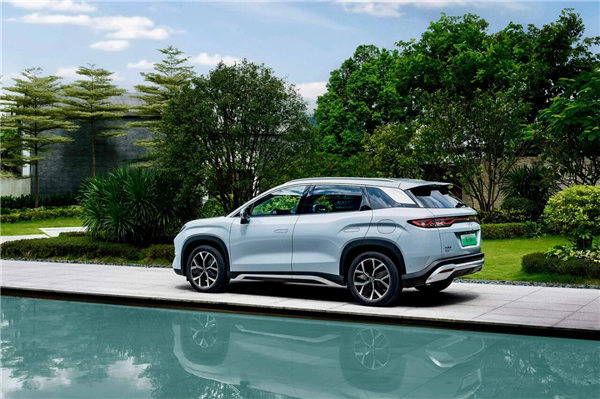
In addition, the Song L DM-i launched an intelligent driving version at the beginning of the year, which comes standard with the NVIDIA Orin-N chip + three-camera intelligent driving solution—no less advanced than the new 势力 Leapmotor C10.
As for the "big sofa" experience, only configurations with a guide price above 155,800 RMB are equipped with front seat heating and ventilation. However, the intelligent driving version offers a 16,000 RMB discount, and the non-intelligent driving version has a 26,000 RMB discount, making the actual price much more affordable.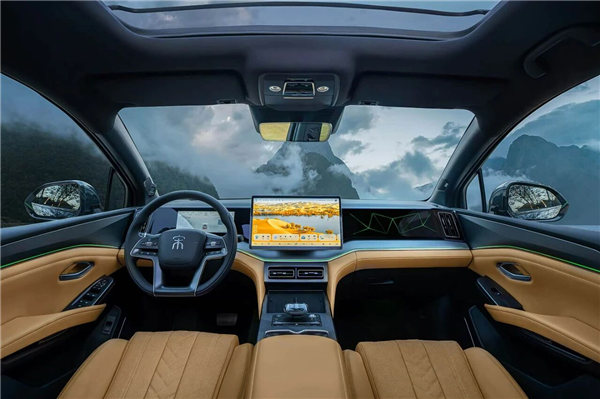
In terms of size, the Song L DM-i is relatively smaller, with a wheelbase of only 2782mm and a body length of 4780mm.
-
Manufacturer's Guide Price: 131,800 - 169,800 RMB
-
Wheelbase: 2810mm
-
Powertrain 1: 1.5L (116Ps 140N·m) + 2-speed DHT + 220kW dual motors + 18.74kWh lithium iron phosphate battery
-
Powertrain 2: 1.5L (116Ps 140N·m) + 2-speed DHT + 220kW dual motors + 27.54kWh lithium iron phosphate battery
-
Pure Electric Range: 110 / 165km (CLTC)
-
Fuel Consumption at Low Battery: 5.3 / 5.35L/100km (WLTC)
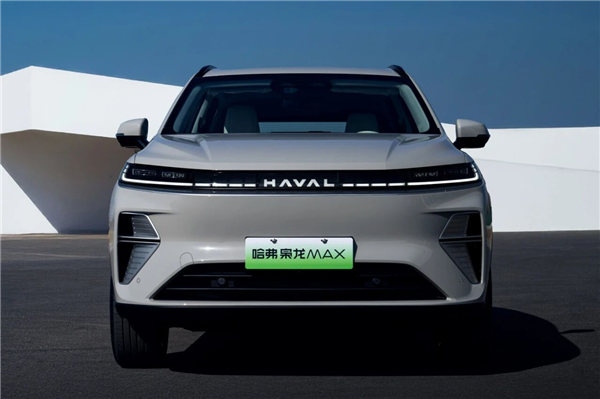
Finally, let's talk about the Haval Xiaolong MAX. This model underwent a mid-term facelift at the beginning of this year, and its monthly sales have finally reached around 4,000 units.
The biggest highlight of this model is that it is equipped with Great Wall's Hi4 hybrid system as standard across the entire lineup, meaning all versions come with dual motors and four-wheel drive. It is one of the cheapest dual-motor four-wheel drive models currently available.
With a starting guide price of 131,800 RMB and a current cash discount of around 15,000 RMB, its actual entry price is the lowest among the four models.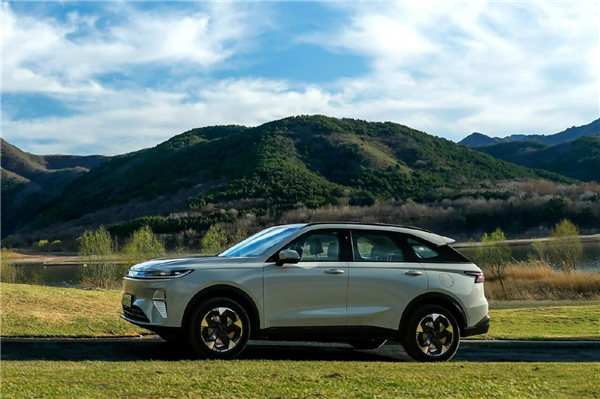
Regarding seat comfort, the Xiaolong MAX comes standard with front seat heating across the entire lineup. Adding 10,000 RMB to the entry-level configuration unlocks ventilation functions for both front and rear seats, while seat massage is available as an optional extra for 5,000 RMB. This optional package also includes a 10-speaker audio system with an independent power amplifier, driver's seat memory, and additional electric adjustment options for the front seats.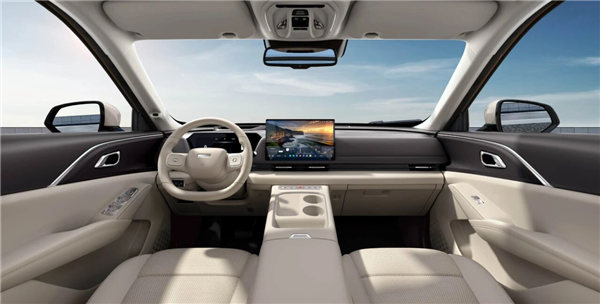
To be honest, Great Wall's vehicles have always been of high quality. In fact, its Lemon hybrid system was launched a few months earlier than BYD's DM-i. However, unlike BYD, which went all-in on new energy, Great Wall's excellent Hi4 hybrid system has remained underrated in recent years—"good wine needs no bush, but even the best wine can go unnoticed if not properly promoted."












